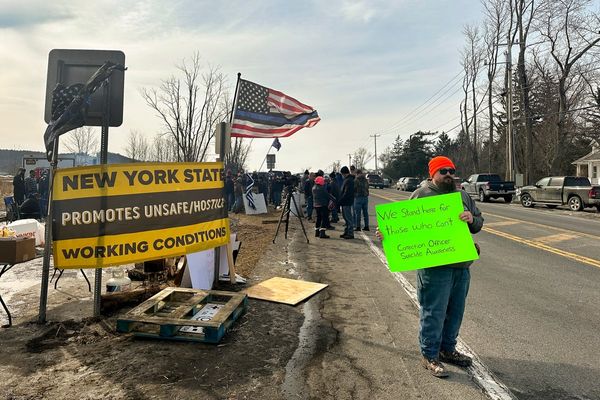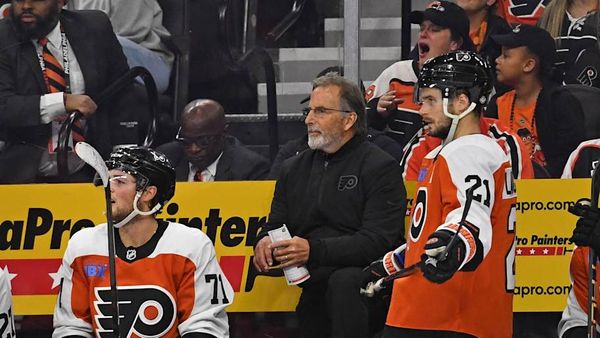
When Prof Matthew Bailes and his collaborators discovered a mysterious flash from a galaxy far, far away, he thought it was “too good to be true”.
It was 2007, and the scientists had come across an “absurdly, insanely bright burst of radio waves” that had hit the Murriyang telescope at the CSIRO Parkes Observatory. The source, they figured, had to be a trillion times brighter than anything in our galaxy, the Milky Way.
“I remember trying to go to sleep that night and really struggling,” Bailes recalled. “I thought: if this is real, this could be absolutely huge.”
The team had discovered the first fast radio burst (FRB), an intense burst of radio waves that can emit as much energy in milliseconds as the sun does in months or even years.
The discovery of FRBs saw Bailes, an astrophysicist at the Swinburne University of Technology, awarded the top honour at the prime minister’s prizes for science on Tuesday evening. Bailes described the $250,000 gong as “a nice surprise”.
The discovery of FRBs led to a new branch of astrophysics research, with more than 10,000 detected since 2007. FRBs allow scientists to count the number of atoms in the universe, determining how much normal matter exists, Bailes said.
Now thought to originate from neutron stars, FRBs have puzzled scientists for years, with speculation in some quarters that they had an alien origin.
This year marks the silver jubilee for the prime minister’s prizes for science, which are Australia’s most prestigious awards for scientific research, innovation and science teaching.
Prof Andrew Wilks and Dr Chris Burns were awarded the $250,000 prime minister’s prize for innovation, in recognition of their work in discovering and developing new drugs.
The pair, of Australian biotech company Cytopia, invented a drug to treat myelofibrosis, a rare form of bone marrow cancer. The drug has been approved by US and European regulators.
Prof Tianyi Ma of RMIT University was recognised for his research into renewable energy. Ma and his team have developed a technique that increases the efficiency of producing hydrogen from solar energy by about 100 times.
“Because hydrogen is a clean fuel, when we burn it, we only get water as a product,” Ma said.
In September, the Albanese government set a target of producing 15m tonnes of hydrogen from renewable energy annually by 2050.
Ma’s team is also developing catalysts to convert carbon dioxide captured from industrial activities into compounds such as methanol and ethanol.
Also among the honourees on Tuesday was Prof Britta Regli-von Ungern-Sternberg of the University of Western Australia. An anaesthetist at Perth Children’s hospital, she was recognised for research that has changed how anaesthesia for children is performed internationally.
Her work has identified how to minimise the risk for children at high risk of breathing problems during and after anaesthesia. “We’ve got some patients who are just a few hundred grams – they fit into the palm of my hand,” she said.
In Australia, about 250,000 children undergo surgery requiring anaesthesia each year. “It’s a huge amount of kids,” Regli-von Ungern-Sternberg said. “One in seven children has breathing problems under anaesthesia, and one in three infants.”
Regli-von Ungern-Sternberg’s research has found, for example, that two puffs of the asthma medication commonly known as Ventolin before a child had their tonsils removed decreased respiratory complications after anaesthesia by 40%. The findings have been incorporated into clinical guidelines in several countries.







